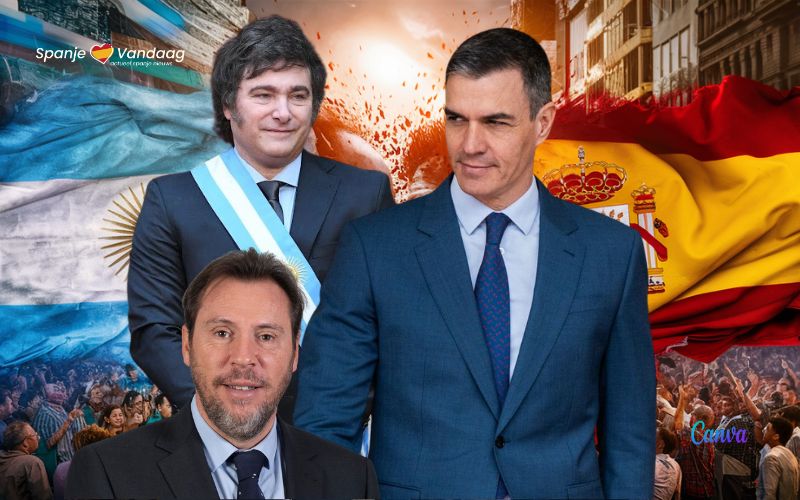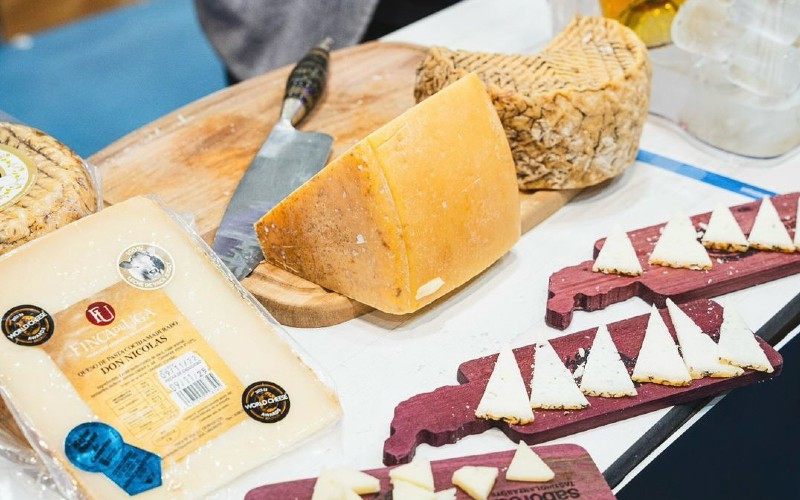The message has remained a bit under the radar, but it is not a detail in the global artificial intelligence race. And last week it became known to the newspaper New York times Considering filing a lawsuit against OpenAI, ChatGPT’s parent company. The so-called chatbot is a masterpiece of generative artificial intelligence, working with algorithms that send amazing new works out into the world in a matter of seconds, from financial analysis to amorous sonnets to computer code. OpenAI has several processes running at the moment, and now there might be another. will New York times Stop the dizzying growth of artificial intelligence?
Maybe a little bit, and it wouldn’t be that bad. New York times It can no longer accept OpenAI hijacking its popular site to be as smart as possible, without paying anything for it. It only makes sense, you think. But when ChatGPT launched late last year, we were apparently so overwhelmed that we didn’t even think about what was really going on. Meanwhile, it’s slowly spreading: ChatGPT is plagiarism on a global scale. We just stood there and watched.
Generative AI machines run on incredibly large data files, all of which come from websites not owned by the AI companies. ChatGPT does not ask for permission. OpenAI’s chief, Sam Altman, pillages like a cowboy, and the web is his westernmost point. ChatGPT, as well as graphic applications Dall-e or Midjourney, for example, cut and paste together new text, images, and videos.
We urgently need to start thinking about who will be able to escape with the profits.
It raises questions about what ownership means today, and how we deal with it. If someone steals at the supermarket, the police will get involved. When tech companies rip off scientists and journalists, we don’t notice. When it comes to artificial intelligence, ownership is stuck in the stone age. And other regulations? Nothing to write home about either.
The comparison with Wikipedia is helpful. First, the business model: a co-op versus a tech tiger. Like ChatGPT, Wikipedia has been a huge success based on the work of many other people. But unlike ChatGPT, Wikipedia has to regularly solicit handouts from its users to cover their expenses. ChatGPT is also still free today, but Altman has already overlooked that the money has to be found somehow. Something eats energy, for example, and that costs a lot of money. Will ChatGPT soon be able to resist the temptation to charge a subscription fee, or to slice ads into our stomachs collectively?
Second, quality control: a self-correcting community of millions versus a loose algorithm. ChatGPT can’t count on the millions (!) of Wikipedia editors. The chatbot has to make do with its algorithms, which regularly send false information out into the world. They also mysteriously derail – what is called “hallucinations” in jargon. Wikipedia’s peer review process – authors and regular users who report and correct errors themselves – works relatively well. ChatGPT validation is opaque and leaves many errors.
Third, fair play: fair competition in the face of highway theft. Like ChatGPT, Wikipedia was “destructive”: classic encyclopedias such as the Encyclopedia Britannica or Winkler Prins quickly fell off their feet. But not because they were robbed empty. The report quoted an anonymous source New York timeswho questions ChatGPT’s paragraphs that look suspiciously like paragraphs first New York times stood up. Why is anyone still browsing the newspaper’s website?
Artificial intelligence is awesome, and software like ChatGPT will increase our productivity, make our businesses better, and undoubtedly save lives. But we urgently need to start thinking about who will be able to escape with the profits. For Variations in Classical Poetry: Everything has an indefensible content, or so it seems today. intellectual property? Oops, I didn’t notice, sorry.
It is hoped that many others, including in their own countries, will continue to accept the callous attitude of these people. New York times To take over. European and federal governments must also sit at the negotiating table with their knives between their teeth. Or should the creative class once again allow itself to eat bread cheese?

“Total coffee specialist. Hardcore reader. Incurable music scholar. Web guru. Freelance troublemaker. Problem solver. Travel trailblazer.”

/s3/static.nrc.nl/images/gn4/stripped/data115100804-25e3f6.jpg)




More Stories
The best cheese in Spain comes from the Canary Island of Lanzarote
Bitcoin celebrates record and will Cardano and Bitcoin Cash merge?
Man Loses $68 Million Worth of Bitcoin Due to ‘Address Poisoning’